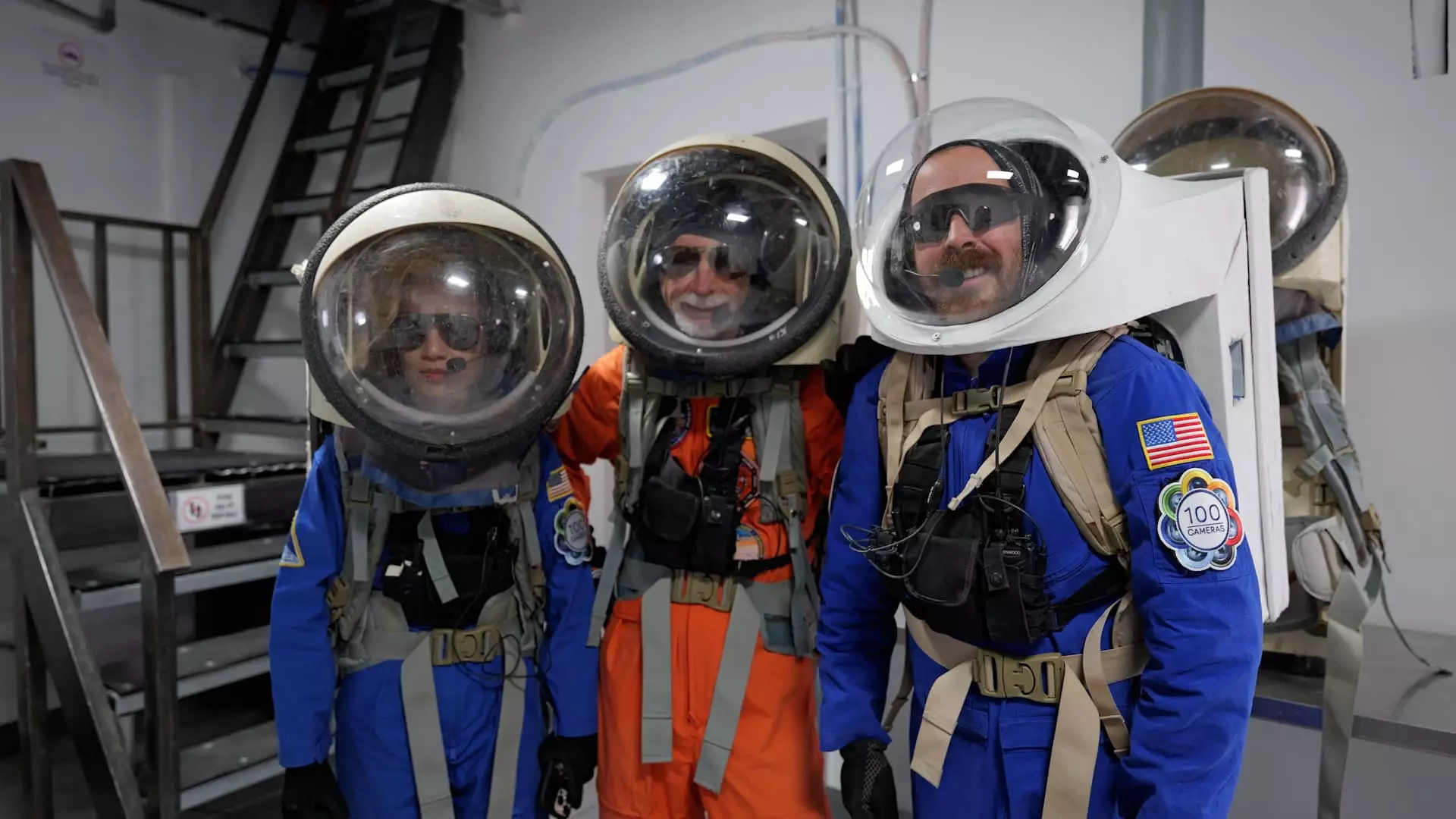Amidst the barren beauty of Utah’s canyons, a small research station simulates the harsh environment of Mars, offering a sanitized version of extraterrestrial living. This setup, known as the Mars Desert Research Station (MDRS), provides a convenient playground for scientists and enthusiasts alike. Yet, its purpose is often mistaken for actual preparation, while it merely offers a shallow reflection of the profound challenges humans would face on the Red Planet. The truth is, these missions—though seemingly rigorous—downplay the depth of human needs, social cohesion, and psychological resilience required for long-term survival beyond Earth.
The Overhyped Promise of Space Entrepreneurs
Elon Musk’s provocative claim that humans could reach Mars by 2029 fuels a dangerous optimism that distracts from the gritty reality. His vision, driven by technological hubris, dismisses critical issues like sustainable life support, mental health, and social stability. The focus on rapid timelines and technological fixes undermines the complex human factors that are pivotal for genuine colonization. SpaceX’s ambitions, while inspiring innovation, risk becoming a shiny distraction—an alluring narrative that feeds into a futuristic fantasy rather than a grounded, humane strategy.
Surface-Level Testing Won’t Solve Long-Term Human Needs
The crews at MDRS, confined for a couple of weeks, have their routines mimicked in a superficial way—meals, meetings, EVAs—yet these activities only scratch the surface of what true space habitation entails. The brevity of their stay cannot replicate the isolation, uncertainty, and psychological toll associated with extended missions. Long-term colonization demands more than survival skills; it demands a sustainable community, mental resilience, and adaptability that no simulation can fully encapsulate. Rushing into such complex human dynamics with a “test for two weeks” mentality is shortsighted and potentially dangerous.
A Center-Right Perspective: Prioritizing Human Realities over Technological Fantasies
From a pragmatic, center-right liberal viewpoint, the obsession with technological advancement must be balanced with the recognition of human limitations. A fixation on rapid achievements neglects the importance of building resilient, self-sufficient infrastructure rooted in human-centric planning. The focus should shift from spectacle to sustainability—making sure that a Mars colony would genuinely serve the needs of its inhabitants rather than merely fulfilling a high-tech ego project. Supporting innovation is vital, but not at the expense of overlooking human dignity, mental health, and social cohesion essential for true colonization.
The current trajectory of space exploration often offers a narrow, hyper-optimistic lens that venerates technological prowess while sidestepping fundamental human concerns. Unless we accept that real colonization involves solving problems at the very core of human existence—psychological stability, community building, and societal adaptation—our efforts risk remaining a facade. Progress should be measured by how well we prepare humanity for extended presence in alien environments, not just by how convincingly we simulate the experience for a few weeks.

